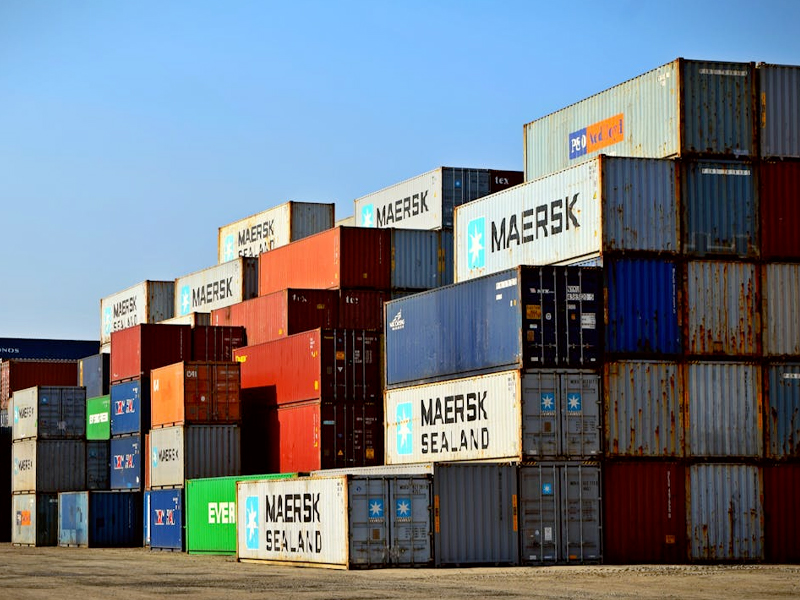
Inland Transportation
Inland transportation encompasses the movement of goods and people over land, primarily utilizing road and rail networks. It plays a critical role in the economic infrastructure by facilitating trade, enabling efficient supply chains, and supporting regional connectivity. Efficient inland transportation systems contribute to the reduction of logistics costs and transit times, thereby enhancing the competitiveness of businesses. With the integration of advanced technologies, such as GPS tracking and automated logistics management, inland transportation has seen significant improvements in efficiency and reliability. Sustainable practices, including the adoption of electric and hybrid vehicles and the development of green corridors, are increasingly being prioritized to minimize environmental impact. Overall, inland transportation is essential for fostering economic growth, enhancing accessibility, and promoting sustainable development.